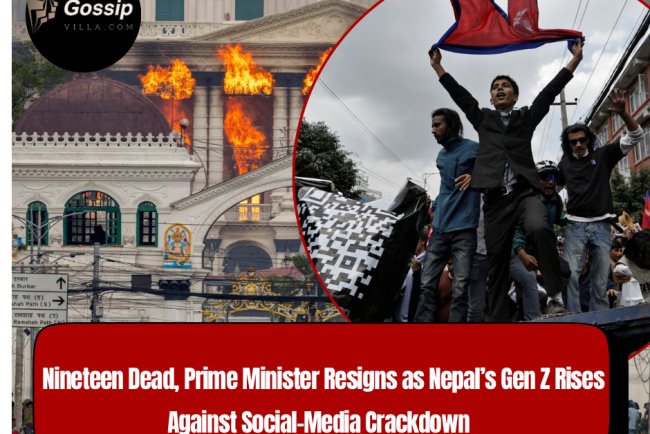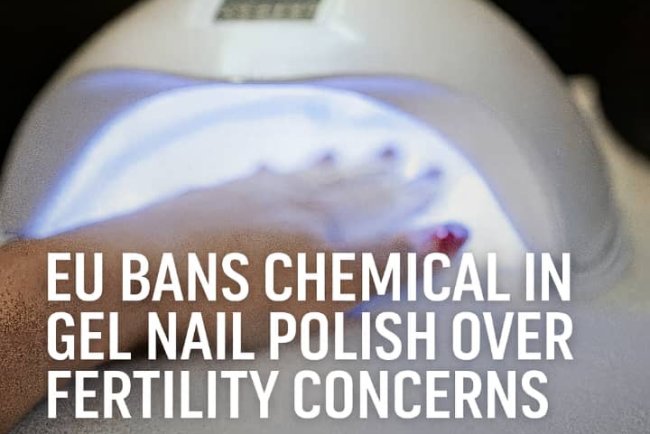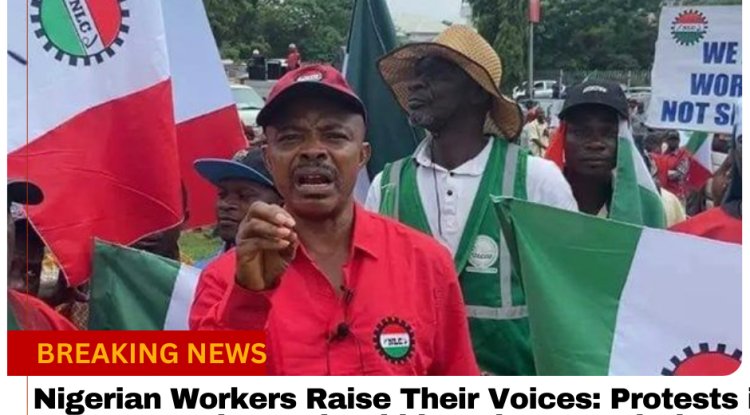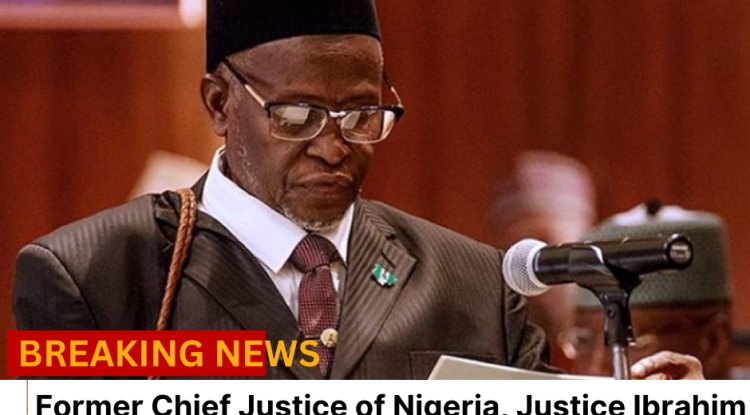UK Supreme Court Upholds Nigeria’s £44.2m Legal Costs Win in P&ID Fraud Case
The UK Supreme Court has upheld Nigeria’s right to recover £44.2 million in legal costs in pounds sterling from P&ID, after a decade-long battle to cancel an $11 billion fraudulent arbitration award.
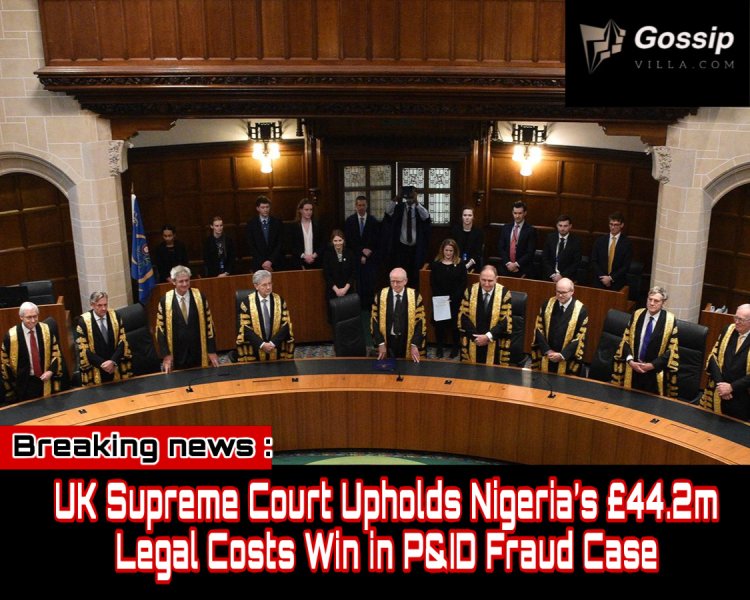
UK Supreme Court Upholds Nigeria’s £44.2m Legal Costs Win in P&ID Fraud Case
The UK Supreme Court has fully rejected an appeal by Process & Industrial Developments Limited (P&ID). This means Nigeria can now collect £44.2 million in legal costs after winning a major case that cancelled an $11 billion award linked to fraud.
On October 22, a team of five judges led by Lord Reed said the costs must be paid in pounds sterling– the same money Nigeria used to pay its lawyers. P&ID wanted to pay in Nigerian naira because the naira has lost value, but the court said no.
This ends a 10-year legal fight that started with a failed 2010 gas project and nearly cost Nigeria billions. The case has been watched closely by governments and businesses worldwide.
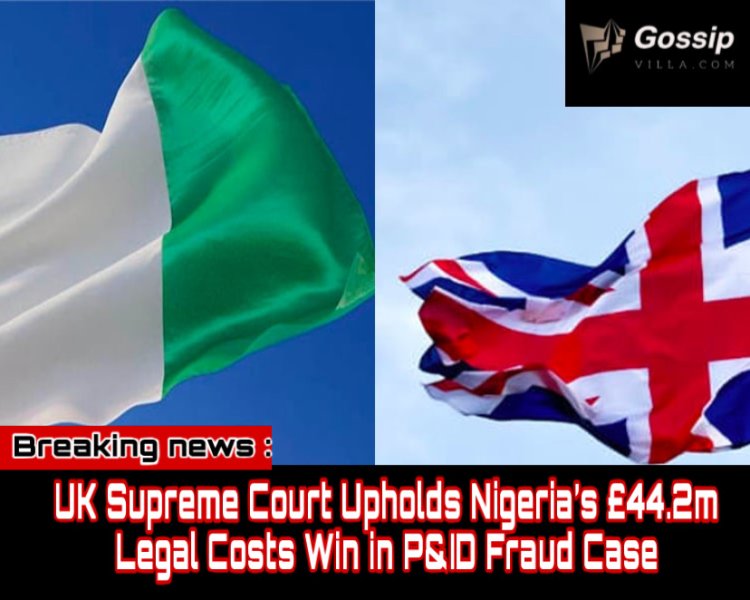
The Roots of the Scandal: A Deal Gone Terribly Wrong
It all started in Calabar, Nigeria, in 2010. P&ID, a small company based in the British Virgin Islands with only a few workers and no big project experience, signed a 20-year gas deal with the Nigerian National Petroleum Corporation (NNPC).
The plan: P&ID would build a modern gas plant to turn wet gas from the Niger Delta into usable fuel and other products. This was meant to create jobs, money, and better energy for the area. Many hoped it would help power homes and factories.
But problems began right away. Nigeria said P&ID never got the money or did any real work. P&ID blamed slow government approvals and red tape. By 2012, the deal was dead. No land was cleared. No machines were bought. P&ID then took the case to a London court.
In 2017, the court believed P&ID and ordered Nigeria to pay $6.6 billion for breaking the deal. With high interest added each year, this grew to over $11 billion by 2019 – enough to destroy Nigeria’s savings and force the sale of national assets like oil tankers or embassy buildings. Former Central Bank Governor Godwin Emefiele called it a “fraud that would hurt Nigerians for generations.”
Secretly, corruption was involved. P&ID was found to have paid millions in bribes to Nigerian officials using fake companies. They also used fake documents, wrong dates, and lies in court. In 2023, a UK court even criticised P&ID’s lawyers for keeping secret Nigerian files – hoping to earn up to £3 billion each if they won.
Nigeria’s Fightback
By 2019, P&ID was already freezing Nigerian assets in the UK. Nigeria acted fast. President Muhammadu Buhari approved emergency funds from the Central Bank of Nigeria (CBN) and put the Attorney General in charge.
Top UK law firm Mishcon de Reya was hired. Time was short – Nigeria had to act quickly under UK law, Section 68 of the Arbitration Act 1996, to challenge fraud. Missing the deadline would mean losing forever.
Nigeria dug deep and found proof: P&ID paid $28 million in bribes, including to a former oil ministry official. The case began in London’s Commercial Court in 2020. It lasted four tough years with many hearings and cost £44.2 million – paid in full with 116 bills in pounds to UK lawyers.
In August 2023, Judge Robin Knowles destroyed P&ID’s claims. He said the award was “made by fraud” and against public rules. The $11 billion was cancelled, and Nigeria won back its legal costs in pounds. P&ID didn’t fight the fraud ruling – only the money type.
The Appeal Process: Currency at the Heart of the Dispute
P&ID only challenged one thing: should costs be in pounds or naira?
They said Nigeria’s government uses naira for its budget, so paying in pounds would give Nigeria extra money (a “windfall”) because the naira has fallen so much against the pound.
Nigeria said: “We paid in pounds, so we should get pounds back.” Checking how Nigeria changed naira to pounds would cause endless side arguments and delay justice.
The Court of Appeal agreed with Nigeria in 2024. P&ID went to the Supreme Court, which allowed the case because it was important for future foreign government cases.
The Supreme Court’s Judgment
On October 22, 2025, five judges; Lord Reed (President), Lord Hodge (Deputy President), Lord Lloyd-Jones, Lord Burrows, and Lady Simler said no to P&ID.
They explained: Legal costs are not like damage payments. They are a refund for real spending. So, costs should be in the money actually used – pounds.
Looking into how Nigeria got the pounds (from naira) would cause “too much extra and costly court time.” The court ignored the “windfall” idea and chose clear, fair rules.
Nigeria now gets £44.2 million (plus interest), totalling £44.217 million. This shows the UK supports honest court cases and stops fake claims against countries.
A Triumph of Justice Over Exploitation
The P&ID story was once a warning for poor countries in global business. Now it’s a win for fairness. Nigeria saved billions and got millions back – while showing how dangerous corruption is.
Moving forward, Nigeria and others must stay careful and honest in big deals. This case may lead to new rules in global courts to stop fraud early.
Sources
What's Your Reaction?







